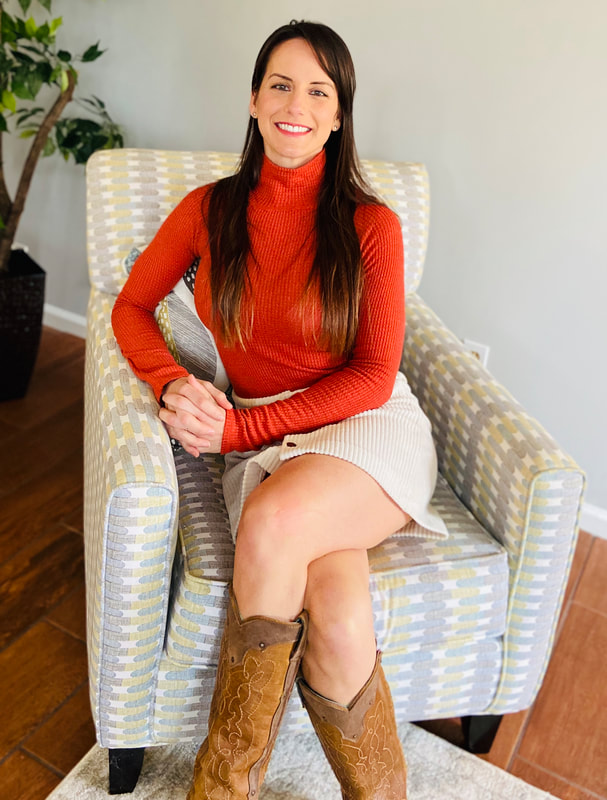|
Today was an interesting and good reminder for me that I need to explicitly be teaching students that Socratic seminars are not a place for debate, but discussion.
My 6th graders are currently reading Maniac Magee, by Jerry Spinelli. If you haven’t read this book, I highly recommend it for all students between the ages of 10 and 12. It tells the story of Jeffrey Lionel “Maniac” Magee whose parents died and he was forced to live in the most unhappy of places - with his Aunt Dot and Uncle Dan who hate each other. One day, Maniac can’t take it anymore and he runs away! He crosses the racial lines that divide the city of Two Mills and quickly becomes a legend or a myth. No one is really sure.
0 Comments
Interactive notebooks can be the best or the worst thing that happen to your classroom. They can be the best thing because kids become engaged in the learning, it’s a hands-on experience with the material and it adds a little fun to the reading work.
It can be the worst thing that happens to your classroom if there is zero classroom management surrounding it, no set procedures or if kids are not taking the work seriously.
I am a huge believer in integrating as much learning as possible when I plan lessons, activities, etc. This also pertains to Socratic seminars. I keep the same structure each time students meet and discuss their seminars as far as how the conversation goes - Students ask questions they had during reading which usually generates a conversation.
Then I present a central question. The central question ALWAYS relates to life in some way. It is not directly related to the story. For example, when students were discussing Nine, Ten - A September 11th Story by Nora Raleigh Baskin, the father always told his family to never stop on the side of the road as it’s very dangerous. One day, the father is driving alone and sees a man broken down on the side of the road. He stops to help and they both get hit by a truck and die. When the police came to the boy’s house to tell him and his mom what happened, the officer stated that the boy’s father was a hero. The boy then faces an internal conflict as to whether his father was truly a hero. The central question I presented to students was, what is a hero.
There are so many ways to connect reading and writing! I love that I finally am teaching Humanities and I get to really focus on these two subjects (while also integrating history and current events). Below are a few ways in which I have done this in my classroom.
One of the biggest struggles I’ve had with Socratic seminars in the past and (it still comes up now and then) is getting them to respond authentically to each other. I know that when we first start teaching kids how to have a group conversation, we tell them that it’s important to always recognize the person who just spoke. I practice this all the time with my students, until they get it right. In the past, I have given them sentence starters such as, “I agree,” or “I disagree”, etc. but I noticed that yes, it does help to tell give them those, but then I would have kids saying things like, “I agree” and start talking about something completely different or even agreeing to an opinion that, after they start talking, I realize they didn’t actually agree at all! I remembering feeling like I failed in a way because the kids were just spitting out the responses I told them to say. They didn’t really know how to respond to each other authentically and the conversation wasn’t a conversation at all.
There is a set way I like to teach writing workshop to my 6th graders. When I was teaching 5th grade, it was much easier because I was in a contained classroom and had much more time in the school day. Now, I have my students for just 50 minute periods and after they come and settle in, get their materials and the pencil they forgot TO BRING TO WRITING CLASS! (and deep breaths) We begin.
When I talk with teachers about doing Socratic seminars with their students, the most asked question is, how will I grade them? This is a fair enough question because if the seminar is going as it should, then essentially, to an outsider it would look like just a conversation about a text between a bunch of 6th graders. But, there is so much more going on and as teachers, we need to be aware of it all. I don’t want to freak you out and make you think that right away you need to be super cognizant of all the academics the students are demonstrating as well as the social learning that is happening, but eventually, you will be. With time, you will start to recognize certain behaviors and responses that will trigger a comprehension strategy or social skill and in even more time, you will remember the things that stick out as important without necessarily having to look back at your notes! Just as the students are learning to have a conversation with each other and think deeply about the text, you are learning how to navigate the analyzation of each child’s understanding. That’s a lot! However, it’s more than doable. Once you start the process, I promise you will never look back! It beats grading papers each day, I will tell you that much!
When I was first hired to teach 6th grade, I was so excited for the opportunity to have an advisory!
What is an advisory? An advisory, at our school, is a place where students from grades 6-8 come to my classroom for 15 minutes before heading to first period. It’s mandatory and a great opportunity to connect with kids in different grades. We have check-ins where I might share with them a quote and we discuss the meaning and relevance, or I will read them a story. I read them The Witches by Roald Dahl in October because I love that story and wanted to share it with them. I am their advocate if they ever need an adult for something. Or, if they are struggling in a subject, I will meet with them and their teacher and come up with a plan together for improvement. |
Julia GrahamDaughter of the King, wife and mother, former upper elementary teacher, curriculum and course developer Archives
March 2023
Categories
All
|
Pages |
Resources |
|










 RSS Feed
RSS Feed